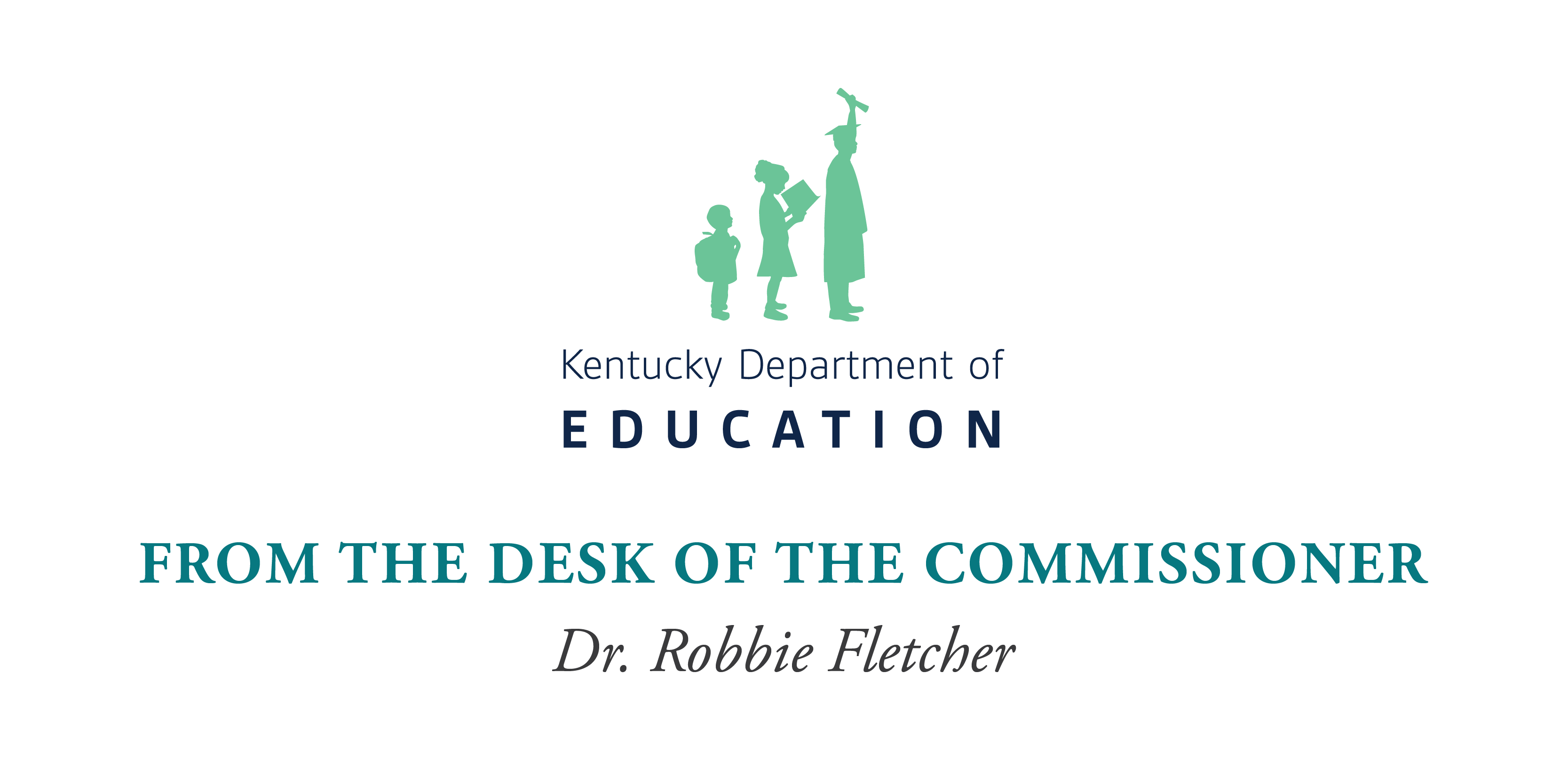Kentucky is among a group of 20 states selected to lead an important effort to improve science education for all students.
 The state group will lead the development of Next Generation Science Standards (NGSS) that will clearly define the science content and practices all students will need to learn from kindergarten through high school graduation. The NGSS process is being managed by Achieve, a non-partisan education non-profit.
The state group will lead the development of Next Generation Science Standards (NGSS) that will clearly define the science content and practices all students will need to learn from kindergarten through high school graduation. The NGSS process is being managed by Achieve, a non-partisan education non-profit.
“The Lead State Partners will provide important leadership and guidance throughout the development of the Next Generation Science Standards and are to be congratulated for making a strong commitment to science education,” said Michael Cohen, president of Achieve. “This will be a collaborative process that will lead to a set of standards that provides America’s students a strong foundation in science for the 21st century and supports college and career readiness for all.”
 The Lead State Partners are Arizona, California, Georgia, Iowa, Kansas, Kentucky, Maine, Maryland, Massachusetts, Michigan, Minnesota, New Jersey, New York, Ohio, Rhode Island, South Dakota, Tennessee, Vermont, Washington and West Virginia.
The Lead State Partners are Arizona, California, Georgia, Iowa, Kansas, Kentucky, Maine, Maryland, Massachusetts, Michigan, Minnesota, New Jersey, New York, Ohio, Rhode Island, South Dakota, Tennessee, Vermont, Washington and West Virginia.
The development of the Next Generation Science Standards is a two-step process. The first step was the building of a framework that identified the core ideas and practices in natural sciences and engineering that all students should be familiar with by the time they graduate. In July, the National Research Council released A Framework for K-12 Science Education, developed by a committee representing expertise in science, teaching and learning, curriculum, assessment and education policy.
The second step is the development of science standards based on the Framework. The 20 Lead State Partners will guide the standard writing process, gather and deliver feedback from state-level committees and come together to address common issues and challenges. The Lead State Partners also agree to commit staff time to the initiative and, upon completion, give serious consideration to adopting the Next Generation Science Standards. In order to be considered, states had to submit a letter with the signature of the Chief State School Officer and the chair of the State Board of Education.
Drafts of the science standards will be made available for public input at least two times during the NGSS development process. The NGSS should be completed by the end of 2012.
American students continue to lag internationally in science education, making them less competitive for the jobs of the present and the future. A recent U.S. Department of Commerce study shows that over the past 10 years, growth in Science, Technology, Engineering and Mathematics (STEM) jobs was three times greater than that of non-STEM jobs. The report also shows that STEM jobs are expected to continue to grow at a faster rate than other jobs in the coming decade.
“There is a clear benefit to providing our students with the strong science education they need to compete in college and the workplace,” said Dr. Stephen Pruitt, Vice President of Content, Research and Development at Achieve, who is coordinating the NGSS effort. “A strong science education provides all students with opportunities to be successful in the 21st century.”
For more information, visit the Next Generation Science Standards website.
For a more in depth look at Kentucky’s involvement in developing both new science and social studies standards see the recent story in Kentucky Teacher here.




Leave A Comment